The content of the article
The budgie is a cute and talkative bird that can conquer even the most callous heart. Parrots are common pets, due to their unpretentiousness and lack of special care. But if a small living creature appears in your home, you must understand that you are now responsible for it. The first thing you need to provide for a new family member is the cage. It should be spacious and bright. Parrots like to be in the middle of the room so that they have a good view. Do not leave the cage near heating appliances and in drafts - the bird may get sick.
As for feeding a parrot, it should be balanced. In nature, parrots feed on grains, plant seeds, herbs, vegetables and fruits, small insects and insects. Bird's nutrition should satisfy its needs for vitamins, minerals, trace elements. Proper and varied nutrition ensures the parrot a healthy and long life.
When and how much to feed the parrot
The norm of dry food for a parrot is 2 teaspoons per day. Sometimes young individuals may consume more. But remember that you can’t overfeed a bird - give it no more than three spoons per day. If a bird eats all the food given to it in the morning, do not give the entire portion in the morning. The fact is that a parrot can have a quick metabolism and a long stay without food can be dangerous. If you are leaving for a few days, do not immediately feed the entire portion of food into the feeder for the coming days of your absence. At first, the bird will eat everything, and then it will suffer from hunger, it may even die. In this case, it is better to buy a special feeder, which at a certain time produces the right amount of feed. But this, after all, is automatic and it may not work. Therefore, it is most reliable to give the budgie to friends for a while or to ask someone from the family to feed the pet.
When you give the parrot dry food, try to pour the next portion only when the feeder is empty. Often, parrots regale only with their favorite grains, while others remain untouched. But in order for the pet to receive all the necessary trace elements, its nutrition must be varied.
Parrot Drinker
In addition to pet water, you can treat with juice from vegetables and fruits that are allowed to your bird. It is strictly forbidden to give birds milk - the body of a parrot does not produce lactose, which is necessary for the digestion of dairy products. If you give the bird milk, it may have stomach problems.
How to feed a budgie
It’s best to set up two feeding troughs in the parrot’s cage - one for dry food and one for fresh fruits and vegetables. So what to feed the feathered so that his body does not experience any deficiency?
- Corn. This is the basis of nutrition for any bird. Food for parrots can be bought at the veterinary store ready-made.Typically, more than half of this composition includes various types of millet - white, black, red and yellow. In addition to millet, there are hemp seeds, flax, canary seeds, and wheat. Many owners give seeds to the birds, making this a big mistake. Sunflower seeds, as well as nuts, are very fat for the bird. Parrot food should consist of even and smooth grains, without damage and wormholes. Check the shelf life of the product - old grains lose their nutritional properties. You can check the quality of grains if you soak them with water. Bad seeds lose their germination. If your food has not sprouted, you should not feed the bird with such a product.
- Greens. In addition to the main food, you need to regale the parrot with green plants. This may be the tops of carrots or radishes, some indoor plants, grass from the garden. It is better to collect greens far from the roads - this way less harmful substances will get into the grass. Budgerigars love to feast on dandelions, green lettuce, spinach, clover, plantain, willow-tea, and a succession. But it is better to refuse spicy greens - dill, cilantro parsley is not recommended for bird. Some plants give a parrot as a medicine. For example, with diarrhea, chamomile is suitable, with pneumonia and rhinitis - coltsfoot, a plantain broth is prepared for immunity. Do not cut the selected greens into pieces, just hang the bunch under the ceiling of the cage. Parrots love to choose what they like.
- Berries, fruits and vegetables. Fresh fruits, vegetables and berries are a prerequisite for a balanced diet. However, not all parrots are accustomed to such food and can often refuse it. It is important to choose the key to your pet's addictions. One of the parrots prefers to peck the whole fruit, the other loves when the berries are cut into cubes. Still others eat carrots only if they are grated. Parrots can be given pineapple, banana, cherries, peaches, apricots, grapes, watermelon, blackberries, raspberries, pears, apples. Favorite vegetables include zucchini, corn, cabbage, beans, carrots, tomatoes, pumpkin, beets and turnips. When giving your pet vegetables or fruits, peel them of the core, pits and hard skin.
- Minerals Special substances, without which no parrot can survive, must also be present in your pet's diet. Give the bird a chopped egg shell - it is rich in calcium. Also periodically put special chalk (not building), charcoal, bone meal into the cage. Sometimes a parrot needs to be given lemon juice and apple cider vinegar diluted with water. For good digestion in the cell of the animal must be organic and inorganic sand. The mineral stone will not only be used for sharpening the beak, but also as a source of minerals. Sepia, the skeleton of cuttlefish, will help the parrot with all the necessary minerals. This powder contains most of the necessary additives. In addition, sometimes a drop of honey should be added to the pet’s water - this will enhance the immunity of your bird. Once a month, dilute the diet of feathered cottage cheese and fish oil - a source of omega-3 fatty acids.
- Porridge. This is another favorite feast of birds that they cannot refuse. Cook porridge should be without salt, sugar and butter. And it’s better not to cook the cereals, but soak them with boiling water.
- Sprouts of wheat. Another essential ingredient for feeding parrots is sprouted wheat. It contains a huge amount of vitamins that can make up even a serious deficiency. Sprouted wheat is convenient in that it can be grown at home even in winter, when there is practically no greenery. It is necessary to grow wheat like this. Take a handful of selected grains and rinse them with lukewarm water. Lay a piece of gauze on a flat and deep enough plate and pour grains on it. Pour the grains with water so that they are slightly covered with liquid. Leave in a warm place. Rinse the grains every 4-6 hours.Wheat will germinate in a day - the delicacy is ready to eat.
- Twigs. The parrot likes to gnaw everything around, offer him branches and twigs of trees. The sticks must first be soaked overnight, and then doused with boiling water. This will protect your pet from harmful bacteria and infections. The rods of cherries, viburnum, apple, linden, birch and mountain ash will not only occupy your pet and undermine its beak. Wood contains nutrients that the bird also needs.
This is the basis of the diet not only for the budgerigar, but also for many other feathered pets. But in order to protect a new family member from illness and even death, you need to know what to protect the bird from.
What can not give a parrot
Here are a few points to avoid.
- Parrots should not be given fruits such as mango, avocado, persimmon and papaya.
- Budgies cannot eat any nuts.
- The following plant species are very toxic for parrots - anthurium, begonia, heather, hyacinth, gladiolus, buttercup, lily of the valley, Kalanchoe, fern, snowdrop, spathiphyllum (female happiness), ficuses, tulips. In addition, do not give parrots tops of tomatoes, potatoes and bell peppers.
- Parrots should not be given milk.
- Parrots should not eat spices, salt and sugar. If a small amount of sugar is still allowed (in the preparation of cereals for chicks of budgies), then salt is considered a real poison.
- Do not feed the bird from your table. No fried and buttery dishes, pasta, etc.
- A parrot should not be given fresh pastries and bread in general. The maximum that can be allowed is crackers made of white bread in small quantities.
- Chocolate, sweets, cookies are also useless for a pet. They can lead to various feathered diseases.
Do not forget about these forbidden points if you wish your pet a long and healthy life.
A balanced diet of poultry is the basis of its longevity, health and mood. If you do everything right, the bird will ceaselessly delight you with its talkativeness and cheerful trill. Take care of your pets, because you are responsible for them.
Video: what feeds a parrot except feed

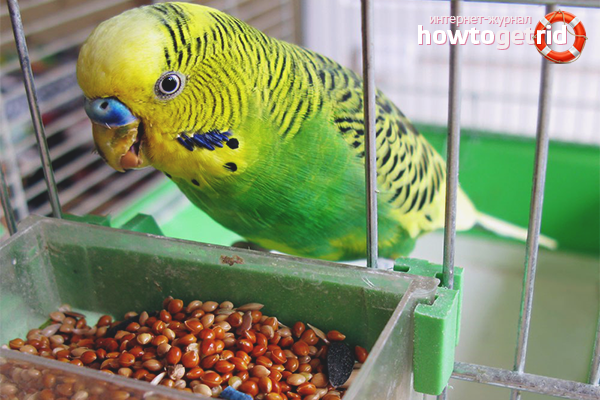
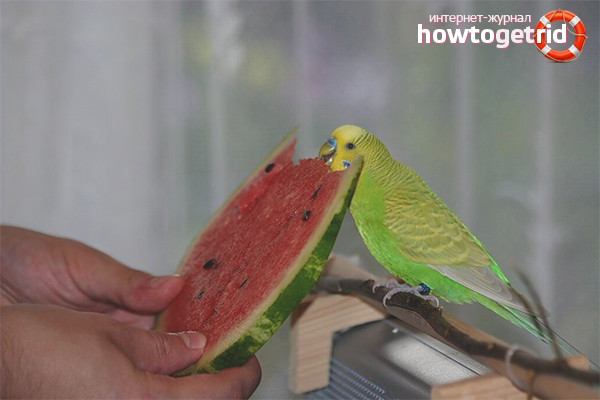
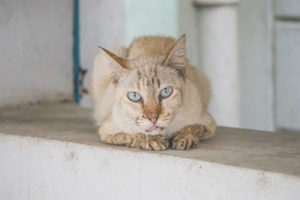
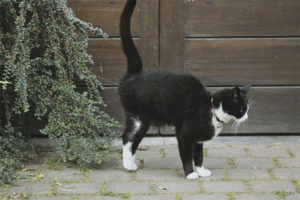
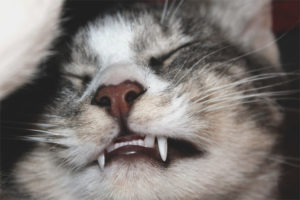
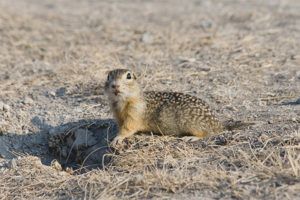
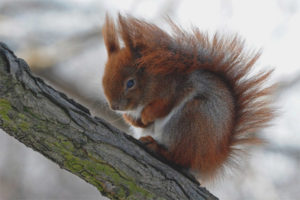
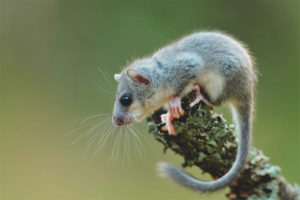
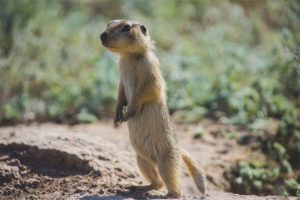
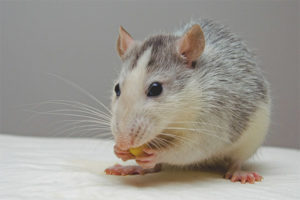
Submit